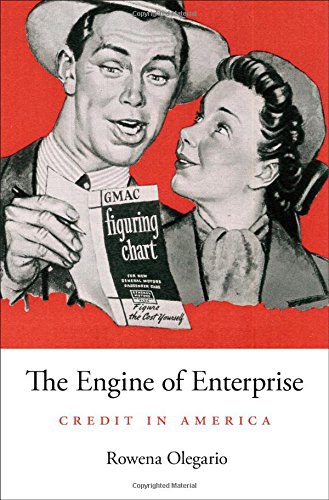Exploring the Legacy of Peter Cooper: The Visionary Behind the First American Locomotive and the Cooper Union
#### Introduction to Peter CooperPeter Cooper was a prominent American industrialist, inventor, and philanthropist, best known for his contributions to the……
#### Introduction to Peter Cooper
Peter Cooper was a prominent American industrialist, inventor, and philanthropist, best known for his contributions to the development of the locomotive and his establishment of the Cooper Union for the Advancement of Science and Art. Born on February 12, 1791, in New York City, Cooper's life was marked by a relentless pursuit of innovation and a deep commitment to education and social equity.
#### The Birth of the American Locomotive
One of Cooper's most significant accomplishments was the creation of the "Tom Thumb," the first American steam locomotive. Designed in 1829, the Tom Thumb was a marvel of engineering that showcased the potential of steam power for transportation. Cooper's locomotive was not only a technical achievement but also a catalyst for the expansion of railroads across the United States. It demonstrated the feasibility of steam locomotion, paving the way for the rapid development of the rail industry in the following decades.
#### Innovations and Inventions

Beyond the locomotive, Peter Cooper was a prolific inventor. He held several patents for various inventions, including a type of gelatin dessert, which would eventually evolve into the popular Jell-O we know today. His inventive spirit was driven by a desire to improve the lives of others, and he often sought to create products that would be accessible to the average person.
#### Founding the Cooper Union
In addition to his work as an inventor, Cooper was deeply committed to education. In 1859, he founded the Cooper Union for the Advancement of Science and Art in New York City, a groundbreaking institution that offered free education to its students. Cooper believed that education should be accessible to all, regardless of their financial means. The Cooper Union became a model for higher education in the United States, emphasizing the importance of practical skills and artistic expression.
#### Philanthropy and Social Impact

Peter Cooper's philanthropic efforts extended beyond education. He was an advocate for social reform and was involved in various charitable initiatives throughout his life. His vision for a more equitable society was reflected in his support for causes such as women's rights and labor reform. Cooper's legacy as a philanthropist is evident in the continued impact of the Cooper Union, which remains a leading institution for education in science and art.
#### Legacy and Recognition
Peter Cooper's contributions to American society have left an indelible mark on the fields of engineering, education, and philanthropy. His innovative spirit and commitment to social equity continue to inspire generations of inventors, educators, and activists. The Cooper Union, which he founded, remains a testament to his belief in the transformative power of education.
In recognition of his achievements, Cooper has been honored posthumously in various ways, including being inducted into the National Inventors Hall of Fame. His life and work serve as a reminder of the importance of innovation, education, and philanthropy in shaping a better future.

#### Conclusion
Peter Cooper's legacy is a rich tapestry woven from his achievements as an inventor, educator, and philanthropist. His pioneering work in the development of the American locomotive and his unwavering commitment to accessible education have had a profound and lasting impact on society. As we continue to navigate the challenges of the modern world, Cooper's vision of a more equitable and innovative society remains as relevant today as it was during his lifetime.